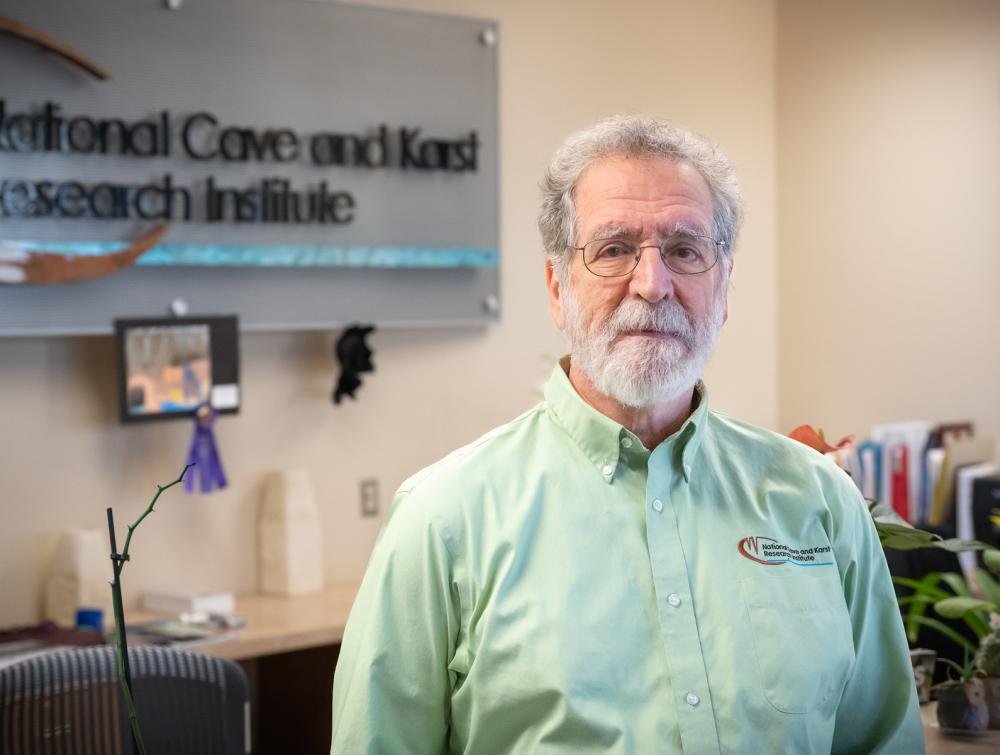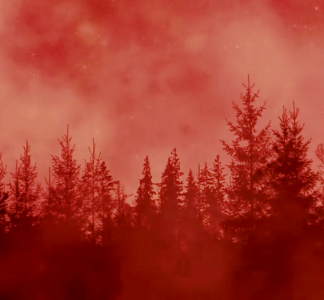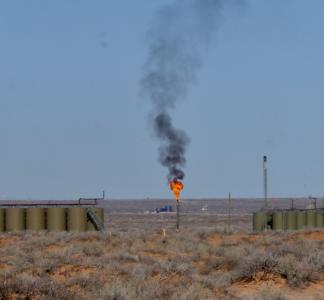Stories from the Permian Basin: Dr. George Veni

Dr. George Veni
Mason Cummings
Dr. George Veni has lived in Carlsbad for 16 years and is the executive director of the National Cave and Karst Research Institute (NCKRI). We spoke with him about the growing fossil fuel industry and its threats to the ecosystems he studies. Here’s what he had to say: (This interview was edited and shortened for clarity)
"I am the executive director of the National Cave and Karst Research Institute (NCKRI), and I've been living in Carlsbad for almost 16 years now.
Carlsbad is very much a karst city. Karst is a landscape formed by dissolving away the bedrock. As that rock slowly dissolves over tens of thousands of years, cracks get wider and wider. When a crack is large enough for a person to enter, we call it a cave. These caves become the natural plumbing systems for the underground reservoirs of water called aquifers. Water from aquifers rises to the surface as springs, and Carlsbad grew around a karst spring.
When I moved to Carlsbad, I was certainly aware of oil and gas development in the area. It's on the edge of the Permian Basin, which is the greatest producing oil field in the country. I've heard some friends describe one of the intensely developed parts of the Permian Basin as a scene of a post-apocalyptic movie.
The climate model I've seen for this region, the Southwest U.S., shows that by the end of the century, we'll see a 10-30 percent decrease in rainfall. Thirty percent is huge. As we grow our population here in Carlsbad, we’ll need drinking water. And so, we want to make sure that water will be available in the future.
The main concern I have about oil and gas development in karst aquifers is the potential for contamination whenever you drill down through an aquifer.
Over the years, I've heard that various oil spills, leaks, and accidents are happening in the area, but I’m told many are not reported. If we say, proverbially, that there's a one in a million chance of a spill happening or of a leak happening from an oil well, then if we drill a million wells, statistically something bad is going to happen.
Karst aquifers are the most complex type of aquifer on the planet for many reasons. They're also the most vulnerable type of aquifer on the planet. Our goal here at NCKRI is to promote research and education of caves and karst to allow use of our natural resources while preventing or minimizing harm to these resources on which we depend."



